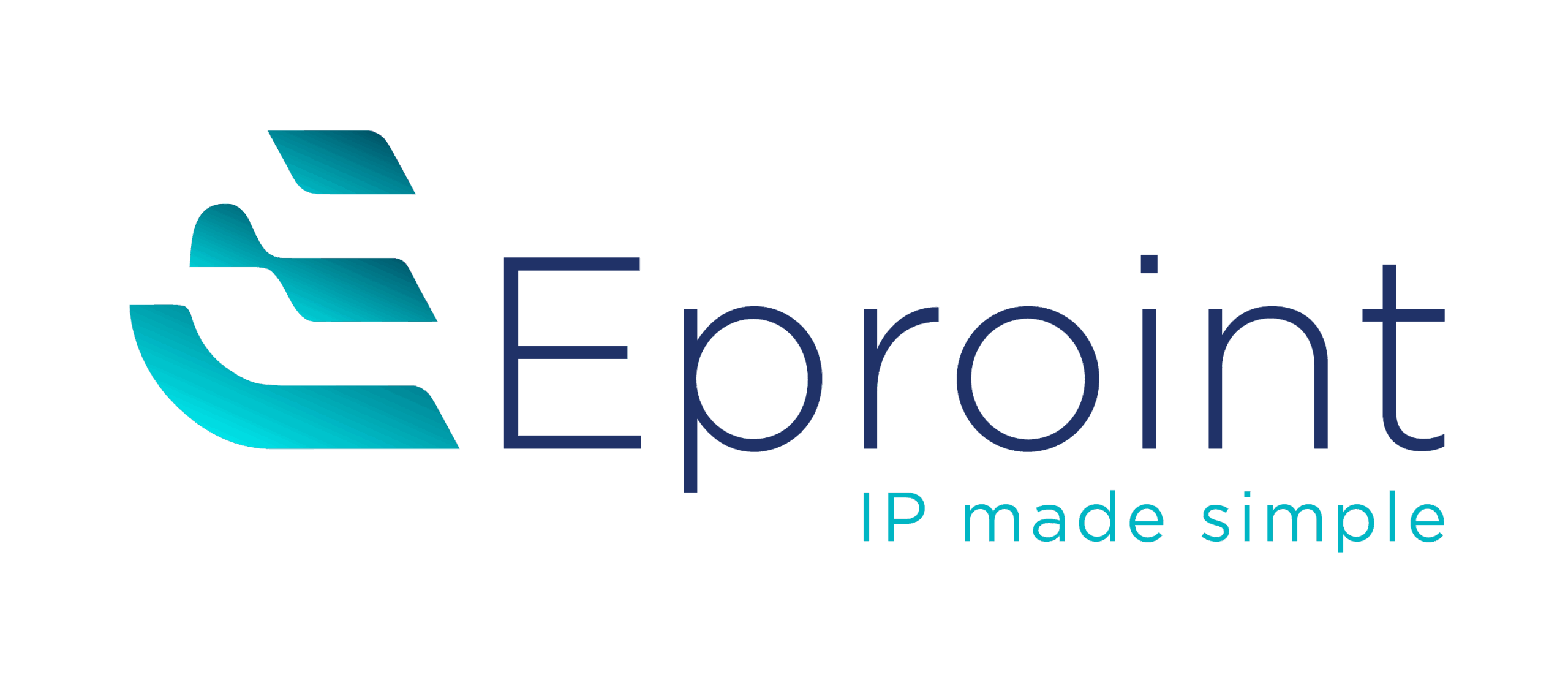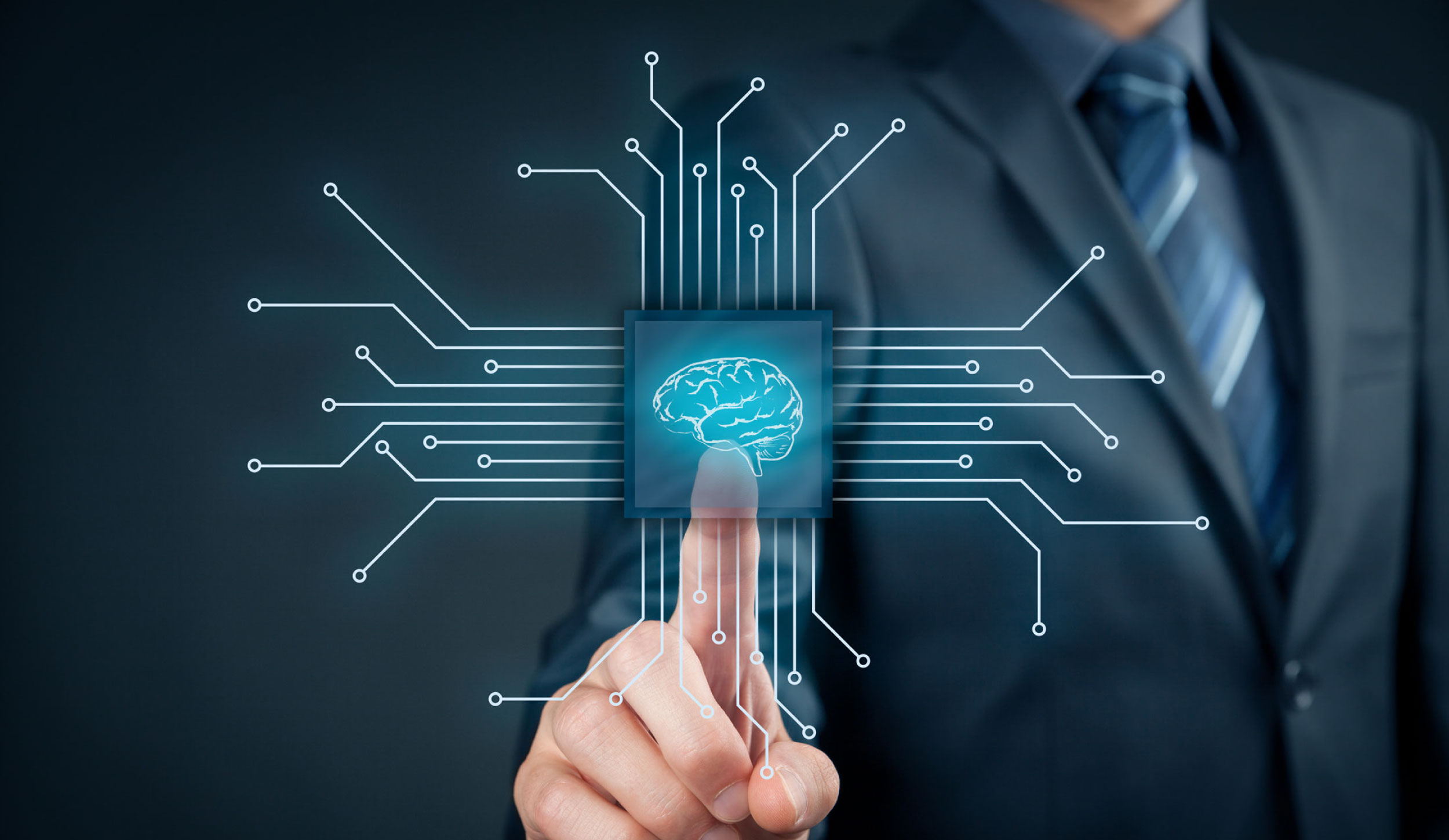Artificial Intelligence in the Legal World
Artificial intelligence (AI) has already made significant advancements in the legal world and is guaranteed to disrupt the industry in a significant way. AI has the potential to transform the way legal services are delivered, making them more efficient, accurate, and cost-effective.
One of the most significant impacts of AI on the legal industry is the automation of repetitive and time-consuming tasks. For example, machines that learn algorithms will be able to automate contract review and legal analysis. This allows lawyers to focus on higher-level tasks, such as negotiating the terms of a contract and developing legal strategies.
AI can also assist in legal research by quickly analyzing large volumes of legal documents and identifying relevant information. This can save lawyers a considerable amount of time and improve the accuracy of their research.
Another way that AI is disrupting the legal industry is through predictive analytics. By analyzing data from past cases, AI algorithms can predict the outcomes of similar cases, allowing lawyers to make more informed decisions about how to proceed in the future.
AI can also assist in the management of legal cases. For example, AI-powered tools can help lawyers track deadlines, manage documents, and communicate with clients. This can improve efficiency and reduce the risk of errors.
And what about in our field of practice?
Certainly, AI has the potential to disrupt the intellectual property (IP) field in a significant way. With the increasing volume of patents, trademarks, and copyrights being filed each year, the use of AI can help streamline the process of filing and managing IP rights.
One of the most significant ways AI can impact IP law is by assisting in the patent application process. Patent applications require a significant amount of research and analysis to determine whether the invention meets the legal criteria for patentability. AI can help with this by analyzing prior art and determining the novelty of an invention. AI-powered search tools can also help patent attorneys identify potential prior art that may impact the patentability of an invention.
Additionally, AI can assist in trademark and copyright registration by helping to identify potential conflicts with existing trademarks and copyrights. AI can analyze large volumes of data, including existing trademarks and copyrighted works, to determine whether a new registration may infringe upon existing IP rights.
Another area where AI can impact IP law is in the enforcement of IP rights. AI can be used to monitor online platforms for instances of infringement, including counterfeit goods and copyrighted content. This can help IP owners identify and act against infringing parties more quickly and efficiently.
Furthermore, AI can assist in the management of IP portfolios by tracking renewal deadlines, monitoring potential infringements, and analyzing the value of each IP asset. This can help IP owners make more informed decisions about managing their IP rights and maximizing their value.
And what about bringing all this theory to our practical world?
Several specific AI applications have been developed for the legal world. These applications are designed to assist lawyers and legal professionals in a variety of tasks, including contract review and analysis, legal research, and case management. Some of the most notable AI applications for the legal world include:
Contract review and analysis:
AI-powered contract review tools can quickly analyze large volumes of contracts and identify key clauses and provisions. These tools can also highlight potential risks and inconsistencies, making it easier for lawyers to review contracts and negotiate terms.
Legal research:
AI can assist in legal research by quickly analyzing large volumes of legal documents and identifying relevant information. AI-powered research tools can also provide suggestions for additional research and highlight relevant cases and statutes.
Predictive analytics:
AI can assist in predicting the outcomes of legal cases by analyzing data from past cases. This can help lawyers make more informed decisions about how to proceed with a case and improve the accuracy of their predictions.
Case management:
AI-powered case management tools can assist lawyers in managing deadlines, organizing documents, and communicating with clients. These tools can also provide insights into case status and potential risks.
Legal chatbots:
AI-powered chatbots can assist clients with routine legal inquiries and provide basic legal information. These chatbots can help improve access to legal services and reduce the burden on lawyers for routine tasks.
In general terms, the impact of AI on the legal industry is likely to be significant. While there are concerns about job displacement and ethical issues, AI has the potential to improve access to legal services, reduce costs, and improve the quality of legal work. As AI technology continues to evolve, it will be interesting to see how it transforms the legal industry in the years to come.
“AI will probably most likely lead to the end of the world, but in the meantime, there’ll be great companies.” –Sam Altman




